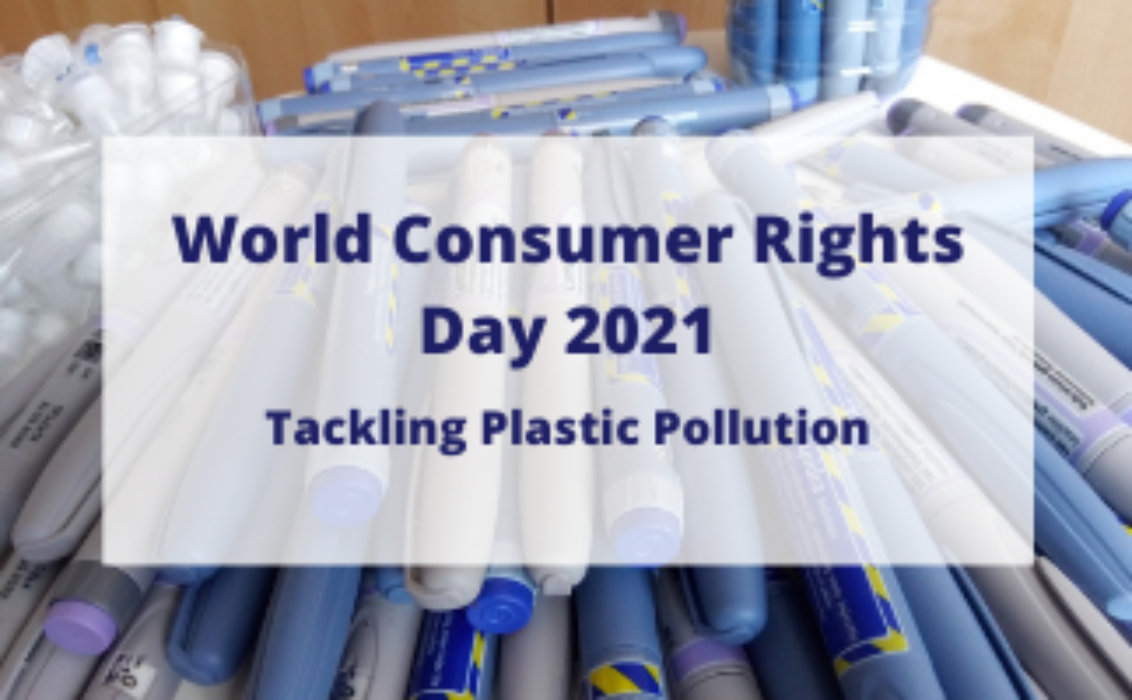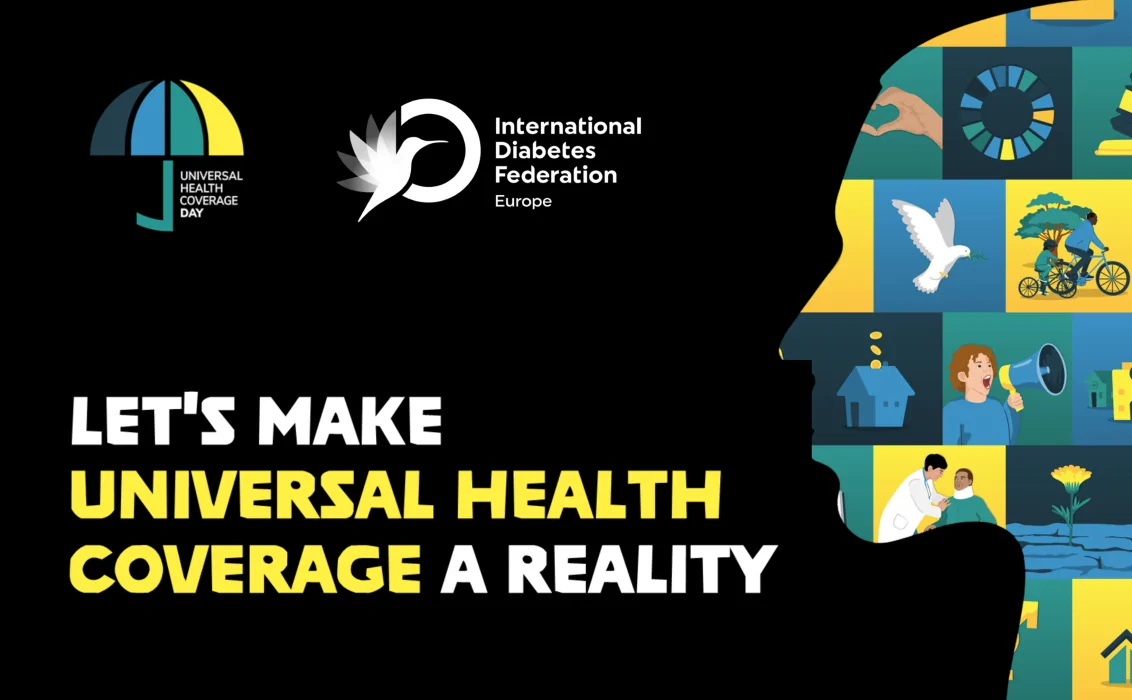World Consumer Rights Day is an important occasion to raise awareness about consumers’ right to a fair, safe, and sustainable marketplace. The theme for 2021 is ‘Tackling Plastic Pollution’. According to Eurostat, the average EU citizen produced 5.2 tonnes of waste in 2018, much of this being plastic waste that ended up in landfills.
The diabetes community is becoming more and more concerned about the plastic waste associated with diabetes-related consumables (insulin pens, injections, test strips, etc.) and the plastic packaging they come in. However, many great initiatives have been developed to address this problem. For example, Type1EU launched their ‘Reduce Diabetes Technology Waste’ awareness campaign in June of last year. To get involved post your experience/tips online and use the hashtag #ReduceDiabetesTechnologyWaste.
On the topic of ‘Tackling Plastic Pollution’, it is also important to hold manufacturers, importers, and retailers of diabetes supplies accountable for the proper disposal of their products. Numerous large organisations in the medical field are actively trying to reduce plastic waste associated with their products. Medtronic works with hospitals all over the world to collect waste and convert it into electricity. They also have takeback initiatives on selected products that allow them to be recycled. Novo Nordisk has a zero environmental impact strategy, called ‘Circular for Zero’, to minimise consumption and waste. One of the key pillars of this strategy is to design eco-friendly products.
A few months’ worth of insulin pens, needles, and plastic packaging:
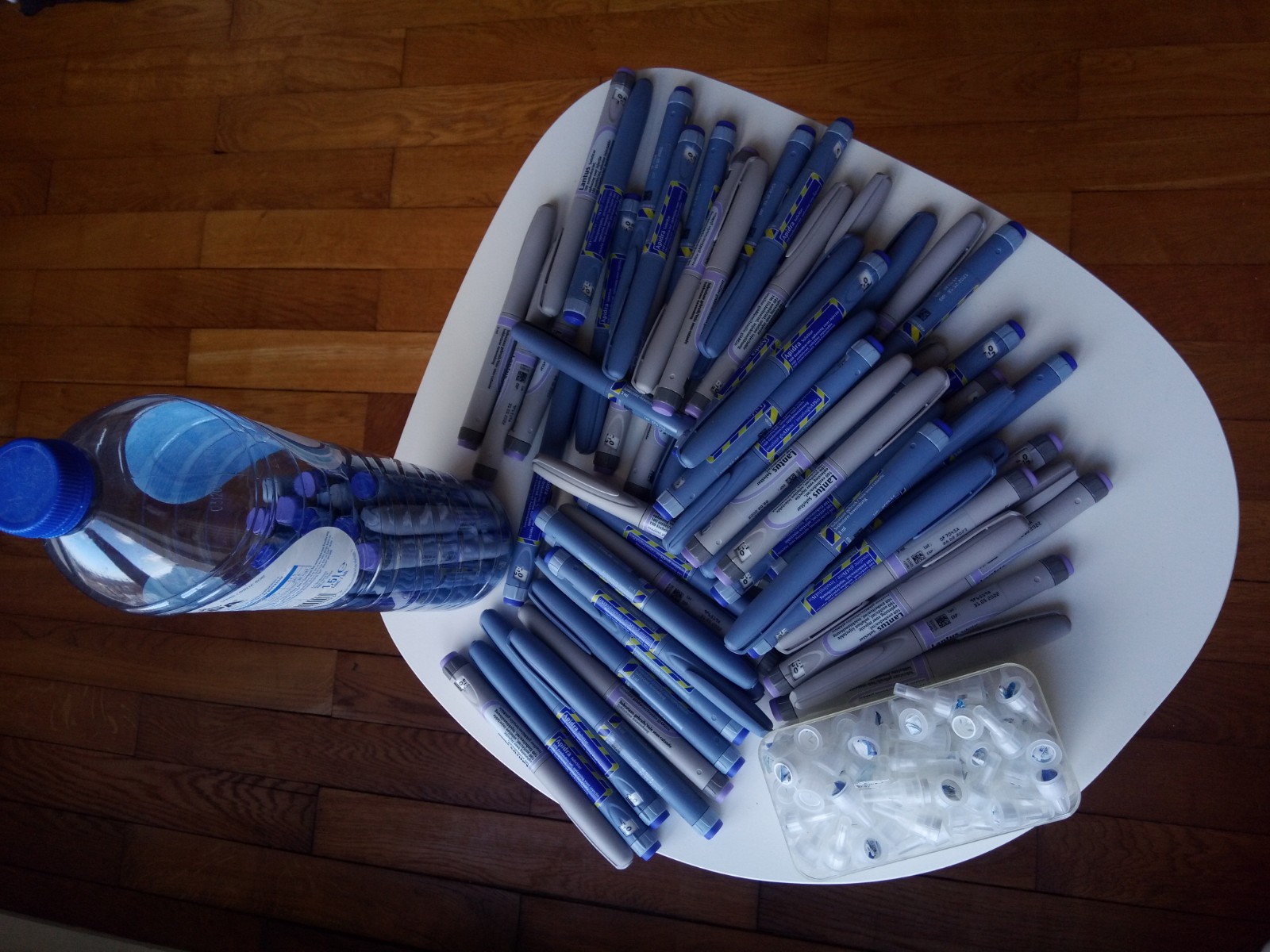 |
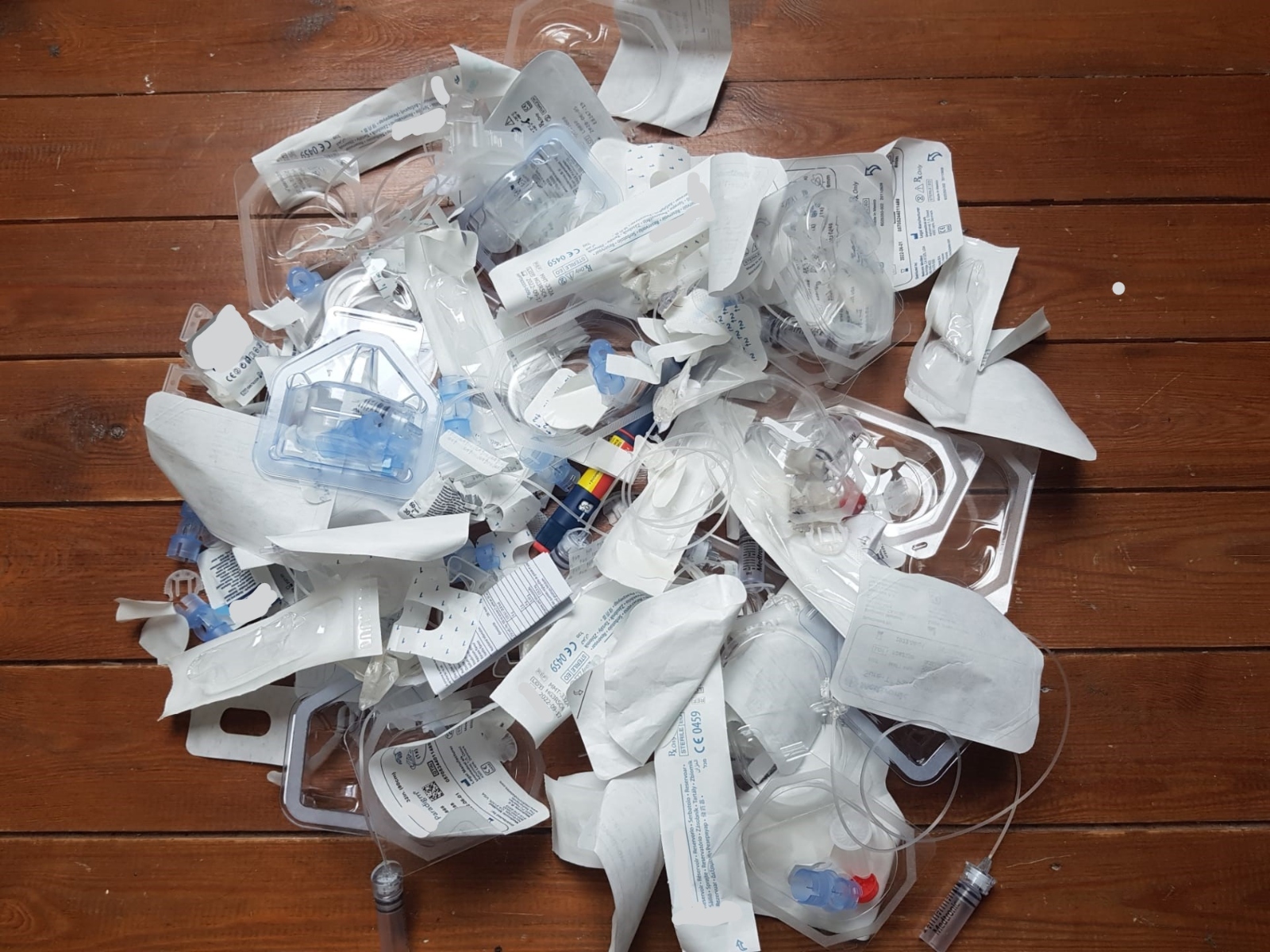 |
Many people living with diabetes want to reduce their environmental footprint, but don’t know where to start. Below are some tips on how to get started:
- Ask your local pharmacist if they have any special method for collecting diabetes-related waste. For example, in France, there is a special box called a ‘Dastri’ that is collected by pharmacies and then disposed of.
- Try and buy the snacks that you use to treat hypos in bulk, as opposed to individually wrapped packages to reduce plastic waste.
- Buy juices and soft drinks in glass bottles instead of plastic ones.
- Inspect the rules of your recycling service and ensure you correctly sort medical waste. Sometimes incorrectly sorted waste can contaminate and spoil a whole load!
-
Donate your unwanted and unused diabetes supplies to organisations that will bring these resources to low-income countries, for example, Direct Relief and Insulin for Life.
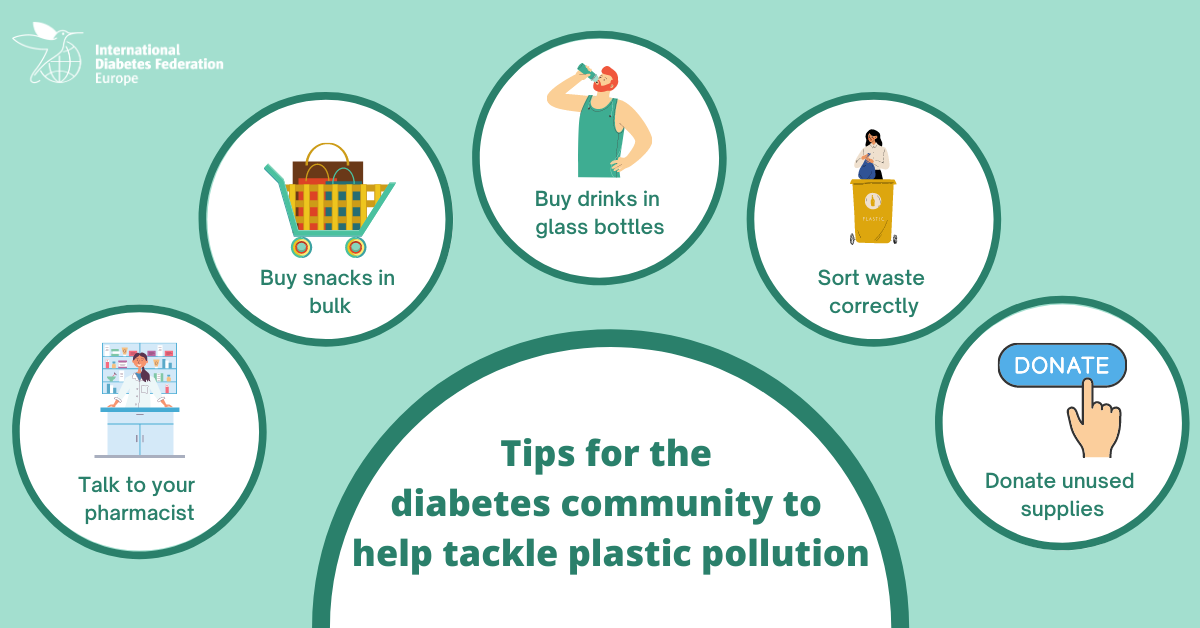 |
